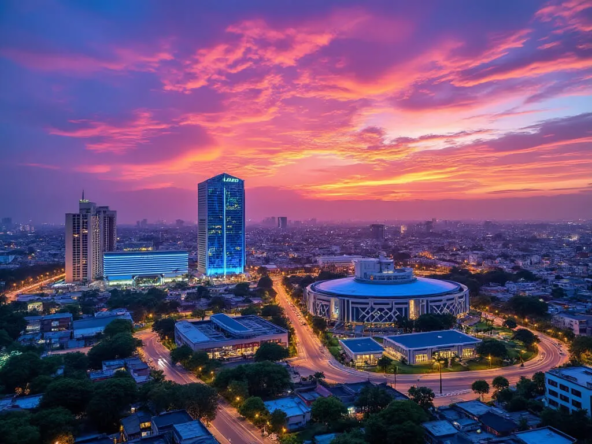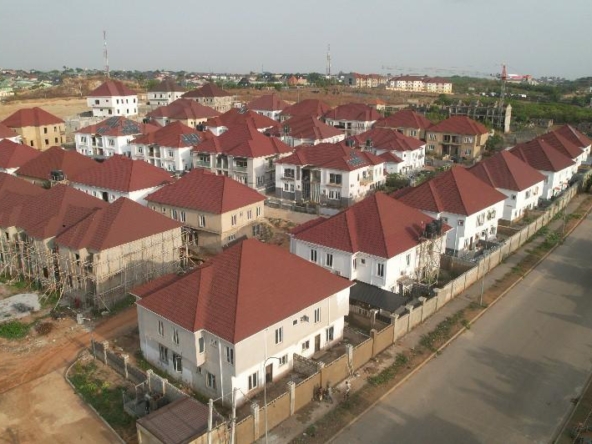As the capital city of Nigeria, Abuja has always been a hub of activity and growth, and this is particularly true when it comes to the real estate market. In recent years, we’ve seen a steady increase in demand for both residential and commercial properties, and this trend shows no signs of slowing down.
One of the main drivers of this growth is the increasing population of Abuja. As more and more people are drawn to the city for its economic opportunities and high standard of living, the demand for housing has grown exponentially. This has led to a flurry of activity among developers, with new residential developments popping up all over the city to meet the demand. Some popular examples of these include the upscale Maitama district, which is home to some of the city’s most luxurious properties, and the Wuse 2 district, which is known for its mix of residential and commercial properties.
Another factor contributing to the growth of the Abuja real estate market is the government’s commitment to infrastructure development. The government has invested heavily in the construction of new roads, bridges, and other infrastructure projects, making it easier for people to move around the city and access housing. This has led to the development of new areas, such as the Asokoro and Gwarinpa districts, which were previously considered to be on the outskirts of the city but are now thriving residential areas.
However, the Abuja real estate market is not without its challenges. One of the main issues facing the market is the lack of affordable housing. Despite the growing demand for housing, many people are unable to afford to buy or rent a property. The government and private developers are working to address this issue by constructing more affordable housing units, but more needs to be done to make housing accessible to all. This is a problem that’s not unique to Abuja, as it’s a common issue in most of the Nigerian cities, but as the capital city, it’s important that the government takes the lead in providing affordable housing.
Another challenge facing the market is the shortage of mortgage financing. Many people are unable to access mortgages due to the lack of financing options available. This makes it difficult for them to buy a property, and it’s a problem that the government and the private sector are working to address by increasing the availability of mortgage financing. However, more needs to be done to make it easier for people to access mortgages and to make the process less cumbersome.
Despite these challenges, the Abuja real estate market remains a lucrative investment opportunity. The steady growth of the market and the strong demand for properties make it an attractive option for both local and foreign investors. With the government’s commitment to infrastructure development and the growing population, the market is likely to continue growing in the coming years.
In conclusion, the current state of the Abuja real estate market is positive, with steady growth and a strong demand for properties. However, there are still challenges that need to be addressed in order to make housing more accessible to all. We will continue to bring you updates on the market and the efforts being made to address these challenges, and we’ll also keep an eye out for any new developments that might be of interest to you.
As always, thank you for your continued interest in the Abuja real estate market and remember, in the world of real estate, it’s always a good time to invest, but the best time is now!




